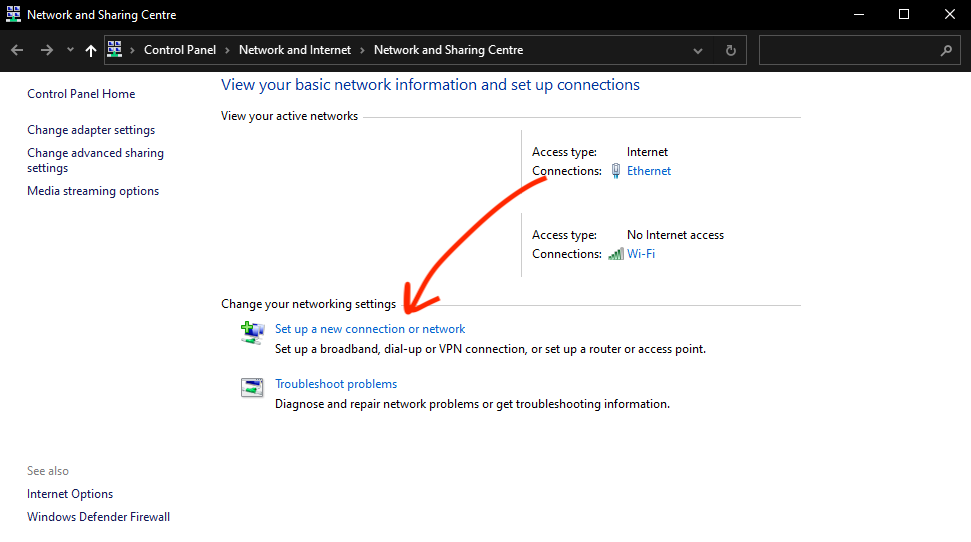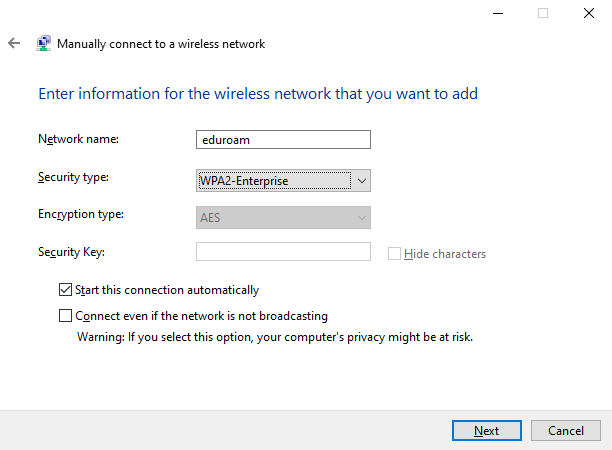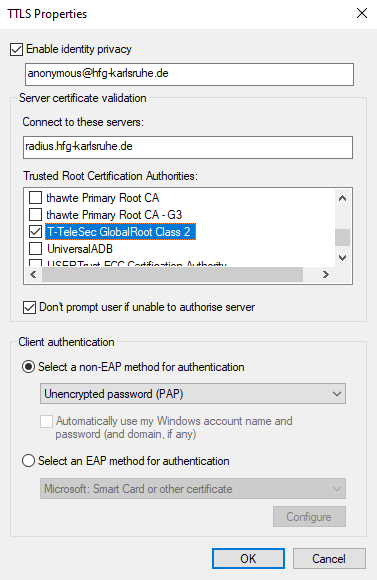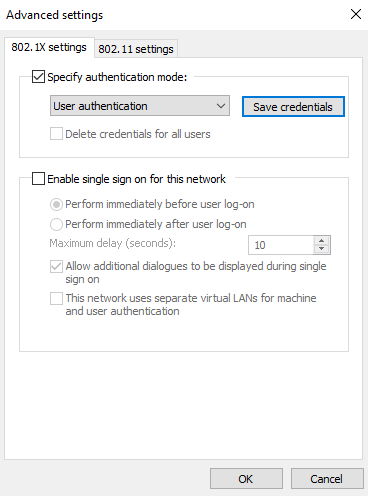- Deutsch
- English
This is an old revision of the document!
Table of Contents
eduroam Wi-Fi
Die HfG Karlsruhe ist Teil der eduroam-Föderation und bietet das eduroam-Wi-Fi als primären drahtlosen Internetzugang an. Ein Mal eingerichtet, können HfG-Mitglieder auch das Wi-Fi aller anderen eduroam-Teilnehmer nutzen. Umgekehrt steht das eduroam-Wi-Fi der HfG den Mitgliedern anderer teilnehmender Einrichtungen offen.
In der Regel sollte das Wi-Fi mit der SSID eduroam verwendet werden. Nur um Probleme mit unbeabsichtigtem Roaming ins eduroam des ZKM zu vermeiden, steht alternativ die SSID eduroam-hfg zur Verfügung.
Konfiguration
Um eduroam nutzen zu können, sind auf den meisten Geräten bzw. Betriebssystemen einige Konfigurationsschritte notwendig, welche über den gewohnten Ablauf der Auswahl einer SSID mit anschließeder Passwort-Eingabe hinausgehen, oder sich gänzlich an anderer Stelle verstecken.
Apple (Mac, iPhone, iPad)
Download the following configuration profile, which has all the necessary settings pre-configured. You will be required to enter your ID and password.
Android
You will have to set the network manually, using the following configuration.
| Setting | Value |
|---|---|
| Security | 802.1x EAP |
| EAP-Method | TTLS |
| Phase 2 Authentication | PAP |
| CA Certificate | Use system certificates 1 |
| Certificate status | Do not verify |
| Domain | radius.hfg-karlsruhe.de |
| Identity | Your HfG username (your email address without @hfg-karlsruhe.de) |
| Anonymous identity | anonymous@hfg-karlsruhe.de |
| Password | Your HfG password |
1 Very old Android devices (up to v8.0) need a different certificate configuration. If this is your case, please send an email to support@hfg-karlsruhe.de.
Linux
Use the same configuration described for Android devices.
Windows

Connecting to eduroam on Windows is slightly more tedious, you can follow allong with this video, or the step-by-step instructions below.
Windows 11
Open the Windows Settings (Einstellungen) of your Computer.

Go to Network and Internet (Netzwerk und Internet) and there to Wi-Fi (WLAN).

When you click on Managing known networks (Bekannte Netzwerke verwalten) a list of network names will appear. Select eduroam, then the option forget (nicht speichern) will show. Click on forget (nicht speichern) to delete it. Yes, we’re deleting it: Don’t worry, you’ll get it back in a second.

↓↓ From here, just follow the instructions for Windows 10 ↓↓
Windows 10
To open the Network and Sharing Centre, press the Start button and type 'Control Panel'. Once there click ‘Network and Internet’ (skip this step if your ‘view by’ isn’t set to ‘category’) and then click ‘Network and Sharing Center’.
Find and click 'Set up a new connection or network'.
In the new window, click 'Manually connect to a wireless network'. You will be prompted to fill in the network settings:
- Network name: eduroam
- Security type: WPA2-Enterprise
- Encryption type: AES (by default)
- Security key: (left blank)
- Start this connection automatically: check
- Connect even if network is not broadcasting: uncheck
After clicking 'Next', make sure to 'Modify network settings' again. You will be prompted with the TTLS Properties. Fill in the information as described below:
- Enable identity privacy: check
- Identity: anonymous@hfg-karlsruhe.de
- Connect to these servers: radius.hfg-karlsruhe.de
- Trusted Root Certification Authorities: Find and select 'T-Teselec GlobalRoot Class 2'
- Don’t prompt user if unable to authorise server: check
- Client authentication: Select a non-EAP method for authentication (Unencrypted password PAP)
Once the TTLS settings are configured, it is time to go to 'Advanced Settings' and for 'Specify authentication mode' select 'User authentication'.
When you click on 'Save credentials' a new dialogue will appear, asking for your username and password.
 Use your HfG username (you email address without @hfg-karlsruhe.de) and your normal HfG password.
Use your HfG username (you email address without @hfg-karlsruhe.de) and your normal HfG password.
Click ok. Now you can go to the wireless symbol in the bar and try to connect normally. It may ask you again log-in and password, and then it should work.
So, congratulations, now you have internet (almost) everywhere!




